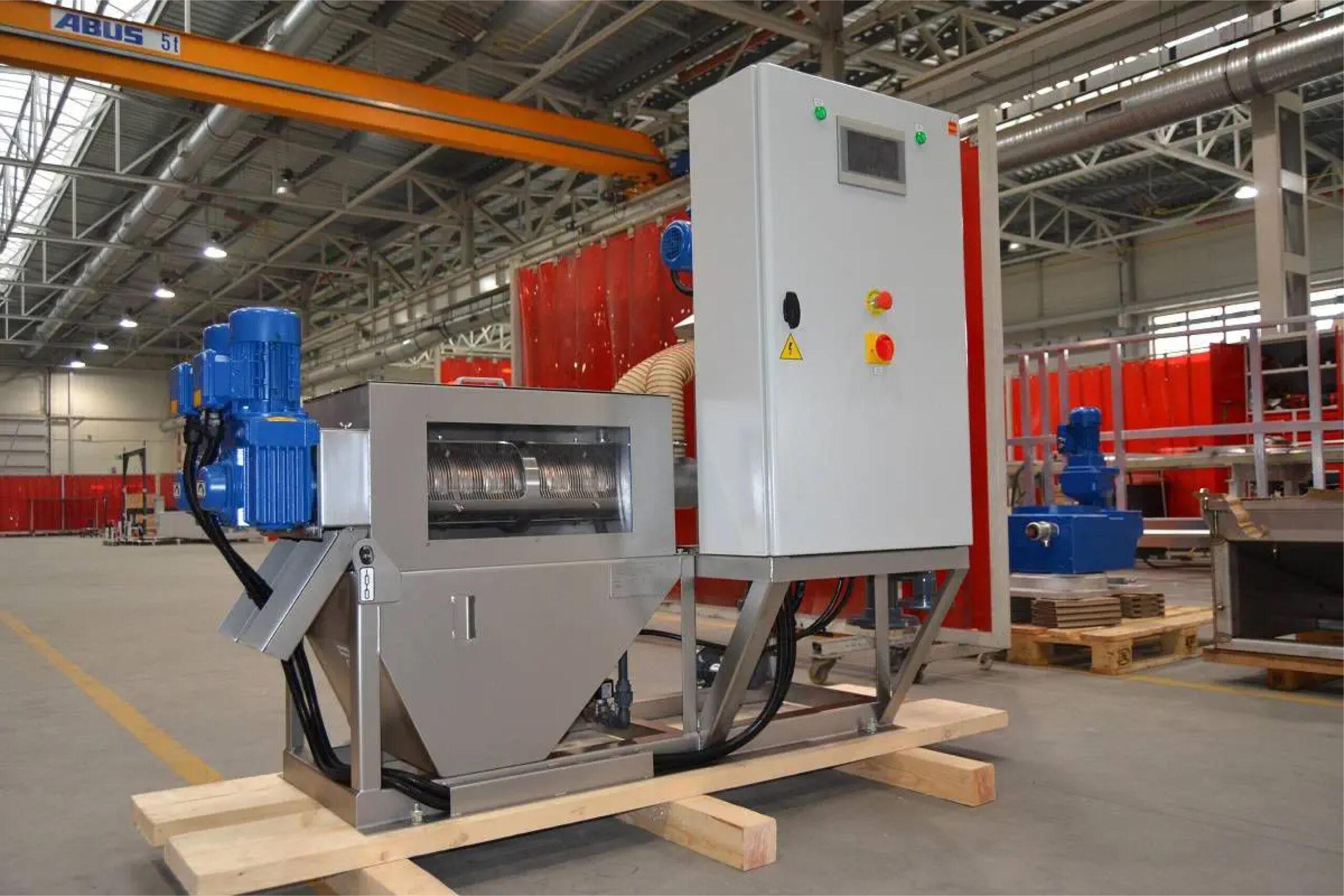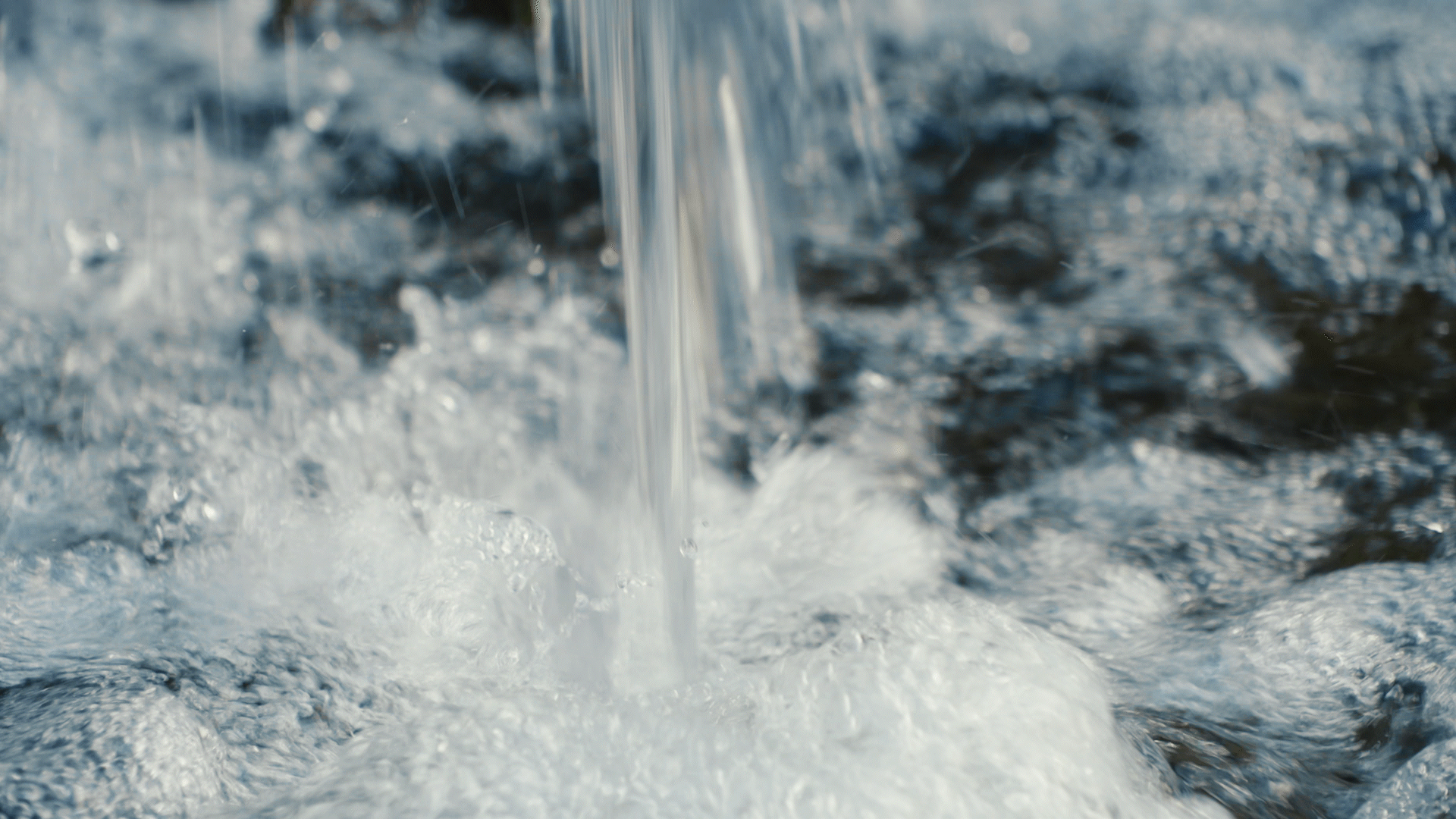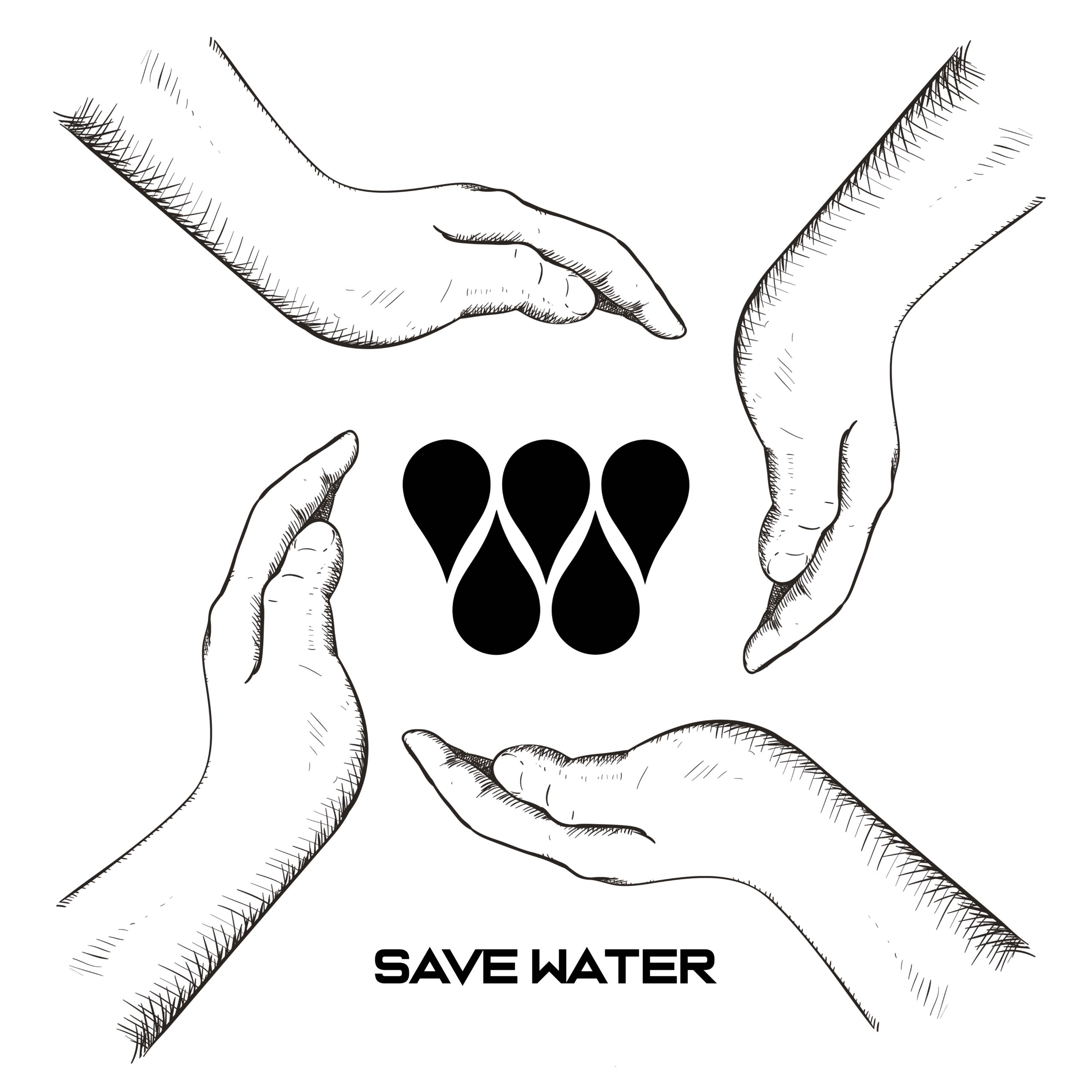Sludge Conditioning / Thickening
Waste sludge from physical, chemical and biological treatment processes has a high water concentration. This situation makes the storage, transportation, processing and disposal of sludge significantly difficult. Suspended solids and other pollutants suspended in water take up a lot of space in terms of volume. In order to prevent energy and cost wastage, the volume of waste sludge must be reduced by concentrating it.
Sludge conditioning/thickening Although the process is divided into 3 main headings: physical, chemical and thermal, the most frequently used method in wastewater treatment plants is chemical conditioning. While inorganic chemicals (iron 3 chloride) can also be used, organic chemicals (polymers) are also used. These chemicals are also referred to as polyelectrolytes and are divided into three groups: non-ionic, anionic and cationic. It is characterized and dosed as the opposite of the ion charge in the waste sludge. With the electrical force, opposite charges attract each other and precipitate together.
With chemical conditioning, the solids in the waste sludge release bound water, flock together and precipitate. In this way, processing and disposal of sludge becomes easier.
Water and Wastewater Treatment
Our Solutions
Thanks to our technology investments, we continue to produce innovative and innovative solutions for our customers.
Waterland
Sludge Conditioning / Thickening
Contact us
Sludge Conditioning / Thickening
You can contact us for your sludge conditioning and thickening systems needs.
Contact us for all your questions about your new or existing projects, maintenance, service or sludge conditioning and thickening system.
Contact Form
We'll call you?
If you wish, fill out the form and we will call you ?

Waterland
Sludge Conditioning / Thickening

Sludge Conditioning / Thickening
Waste sludge from physical, chemical and biological treatment processes has a high water concentration. This situation makes the storage, transportation, processing and disposal of sludge significantly difficult. Suspended solids and other pollutants suspended in water take up a lot of space in terms of volume. In order to prevent energy and cost wastage, the volume of waste sludge must be reduced by concentrating it.
Sludge conditioning/thickening Although the process is divided into 3 main headings: physical, chemical and thermal, the most frequently used method in wastewater treatment plants is chemical conditioning. While inorganic chemicals (iron 3 chloride) can also be used, organic chemicals (polymers) are also used. These chemicals are also referred to as polyelectrolytes and are divided into three groups: non-ionic, anionic and cationic. It is characterized and dosed as the opposite of the ion charge in the waste sludge. With the electrical force, opposite charges attract each other and precipitate together.
With chemical conditioning, the solids in the waste sludge release bound water, flock together and precipitate. In this way, processing and disposal of sludge becomes easier.

Contact us
Sludge Conditioning / Thickening
You can contact us for your sludge conditioning and thickening systems needs.
Contact us for all your questions about your new or existing projects, maintenance, service or sludge conditioning and thickening system.

Water and Wastewater Treatment
Our Solutions
Thanks to our technology investments, we continue to produce innovative and innovative solutions for our customers.

Contact Form
We'll call you?
If you wish, fill out the form and we will call you ?

